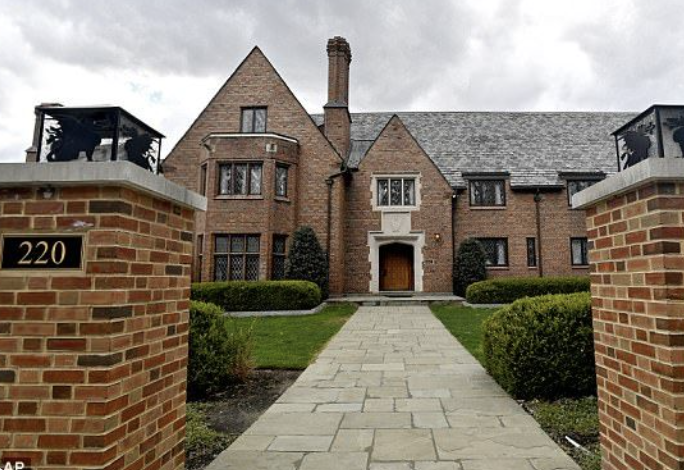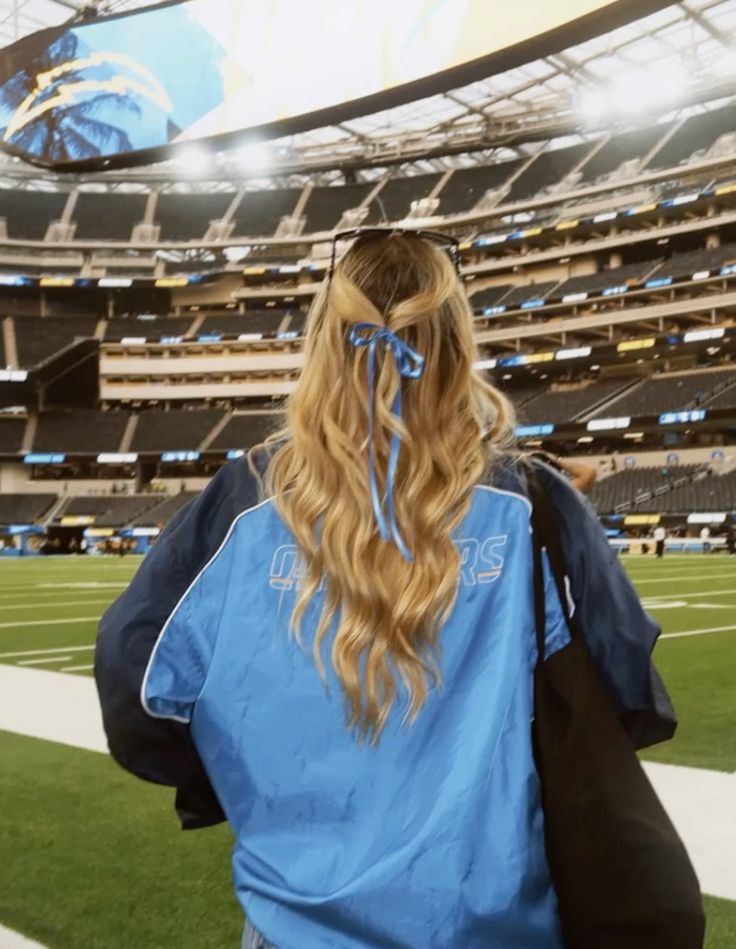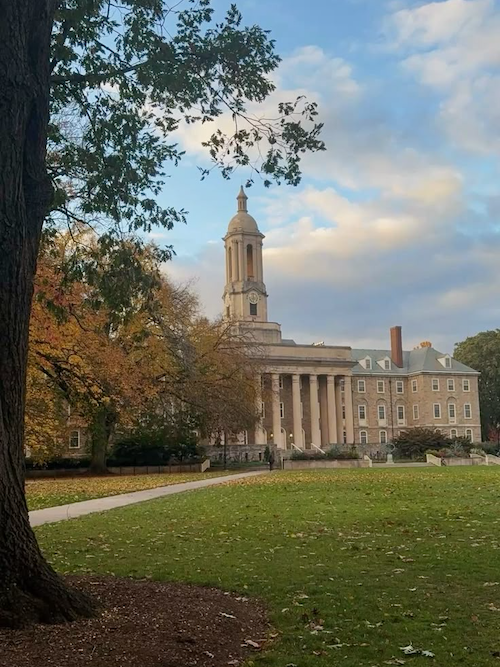Brendan Young, 28, of Malvern, Pennsylvania, and Daniel Casey, 27, of Ronkonkoma, New York, both pleaded guilty to 14 counts of hazing and a single count of reckless endangerment, all misdemeanors. Of the 28 fraternity members charged, these were the final and only two suspects sentenced to prison time.
According to NBC Philadelphia News, both men were sentenced to two to four months in prison with work release eligibility followed by three years probation and community service.
The Piazza family played a key role in convincing the Pennsylvania legislature to pass the Timothy Piazza Anti–Hazing Law, which makes hazing that causes serious injury or death a felony.
If this law existed when the 2017 incident occurred, the men responsible could have faced far more severe punishments.
Remembering Timothy Piazza
Piazza was a 19-year-old sophomore at Penn State when he died during a hazing event at the Beta Theta Pi fraternity in the winter of 2017. He was an engineering student with a bright future. He was the youngest son of Evelyn and Jim Piazza, and younger brother to Mike Piazza.

He was a volunteer, dedicating his high school years to teaching special needs children how to play sports. As a teenager he was a part of a Teen Prevention Club, educating teens about the dangers of bullying and peer pressure.
His friends and family remember him as smart, funny, friendly, and kind. He loved the beach, playing basketball, and golf, and he loved his family and friends.
To reiterate a line from his obituary, “His time here has been all too brief but his memory will remain forever in the hearts of all who knew and loved him.”
Beta Theta Pi on Penn State’s campus
The house where Piazza’s death still stands on Penn State’s campus. It remains vacated, except for the occasional alumni who have stayed in the house sporadically since the spring of 2017, particularly during football game weekends. As of Oct. 24, the Pennsylvania Court of Appeals maintains its decision to turn ownership of the house over to the university.

Based on the 1928 deed of the house, the university has the right to obtain the house if no active chapter lives in it. The university enacted that right. Despite pushback from the Beta Theta Pi Alumni Association, the university’s right to ownership was upheld by the Honorable Judge Brian Marshall, though the housing corporation affiliated with Beta Theta Pi has refused any of Penn State’s offerings to buy back the house.
As of June 2024, Don Abbey, a 1970 Penn State graduate, and former Penn State football player is suing Penn State. He is suing the university subsequently because he loaned funds to renovate the Alpha Upsilon Chapter of Beta Theta Pi’s house under the understanding that Penn State could not take control of the property.
Abbey is asking the court for money and punitive damages, and to stop Penn State from buying the Beta House because Abbey has a claim on the property. If Penn State is allowed to buy the house, Abbey wants to be involved in the process of transferring the property to a new owner.
The future of Beta Theta Pi
The future of Beta Theta Pi remains unclear as it is bound up in legal strife. So long as it stands on campus it serves as a reminder of the fatal accident that led to an unlawful death.
Prevention
Penn State still and forever will have the Piazza Center not only as a tribute to an innocent life lost, but as a way to continue to educate and prevent events like this in the future. The Piazza Center accepts donations, offers education sources, and encourages participation in research for creating and refining comprehensive hazing prevention programs.
Stay up to date with VALLEY on Instagram and X @Valleymag.





